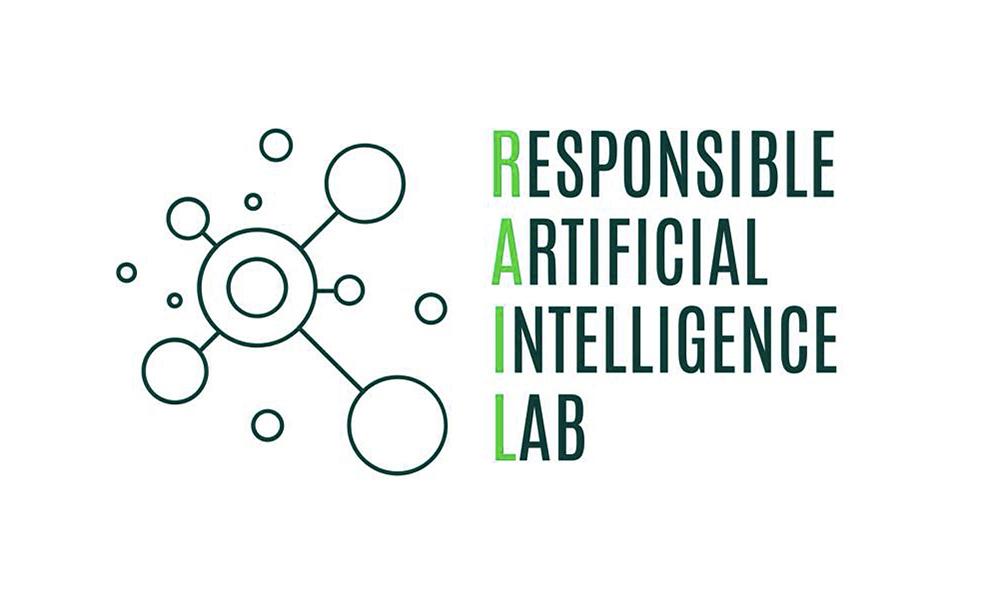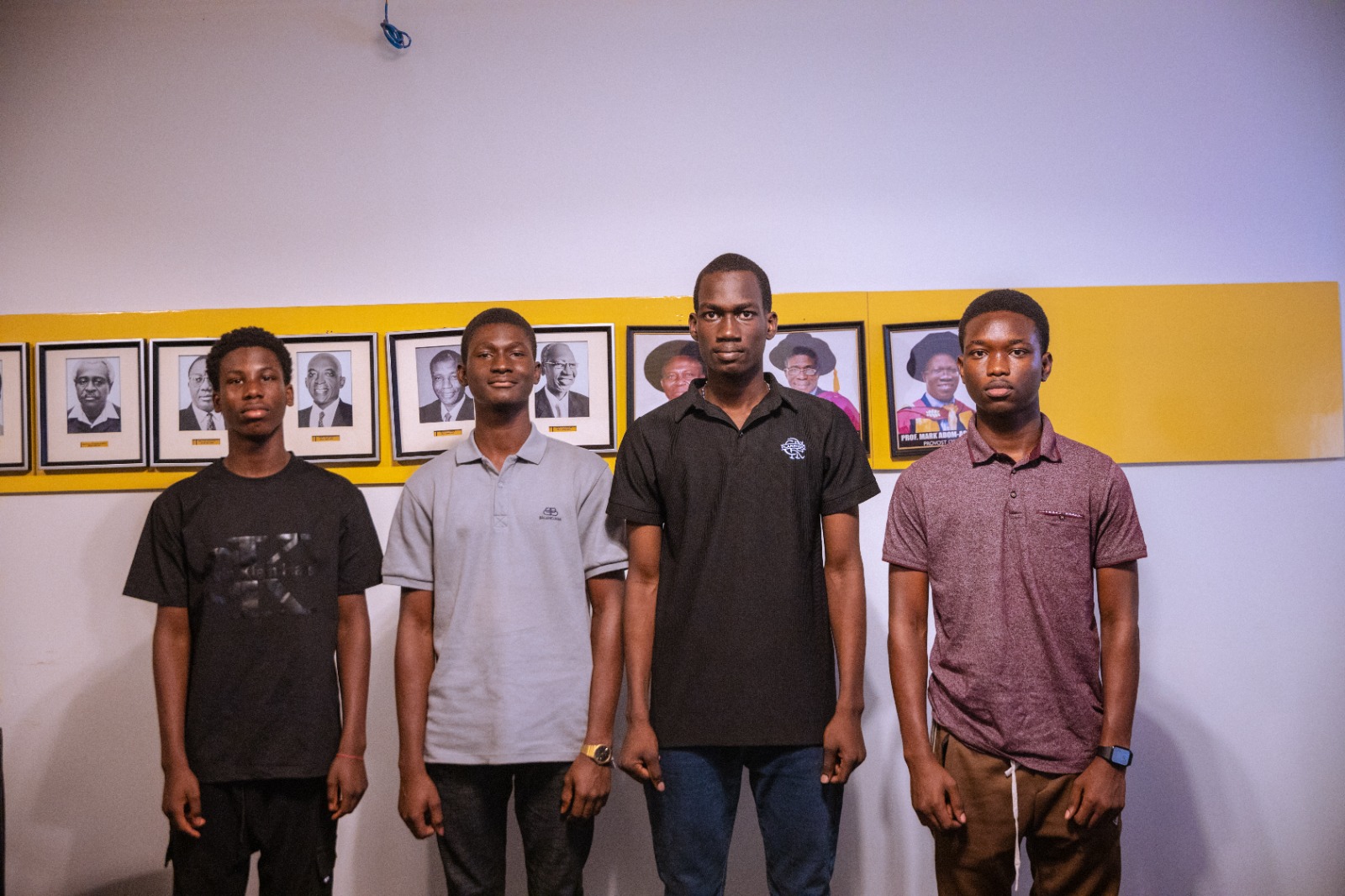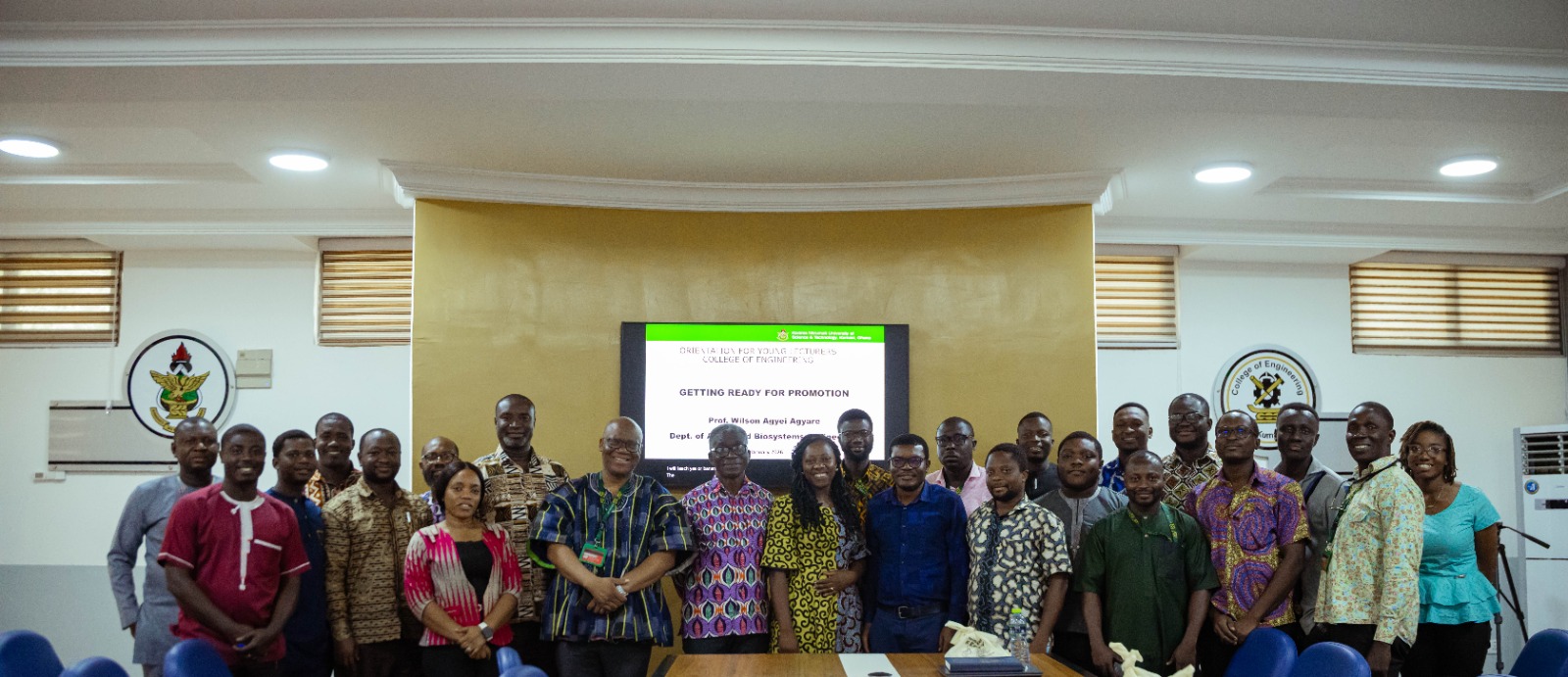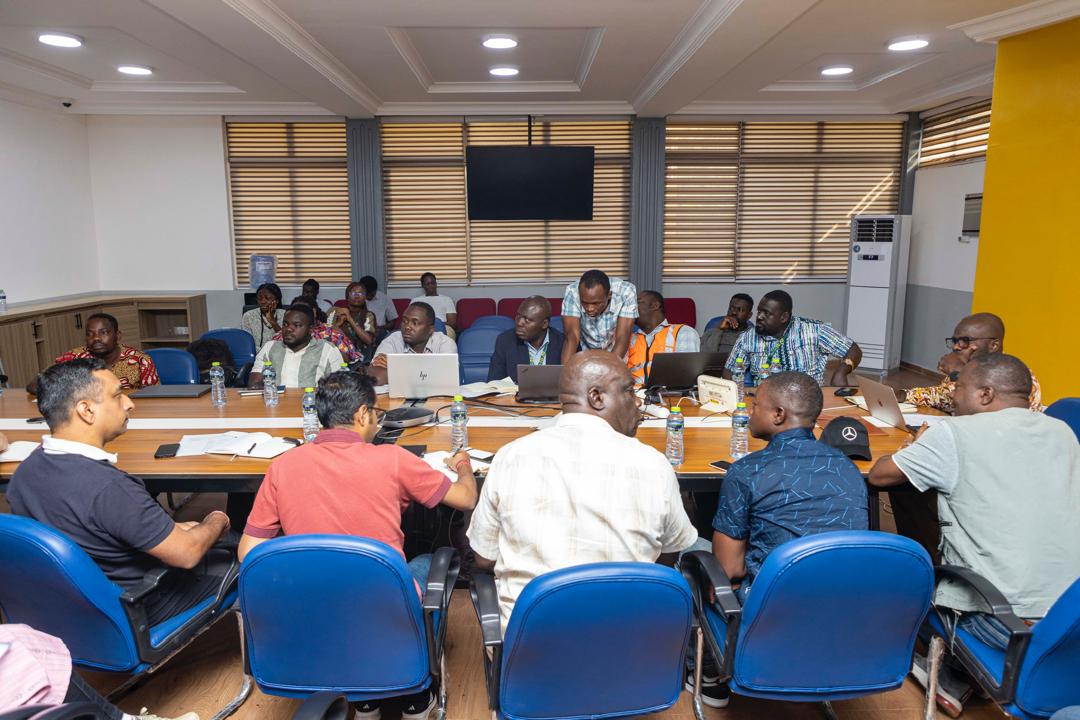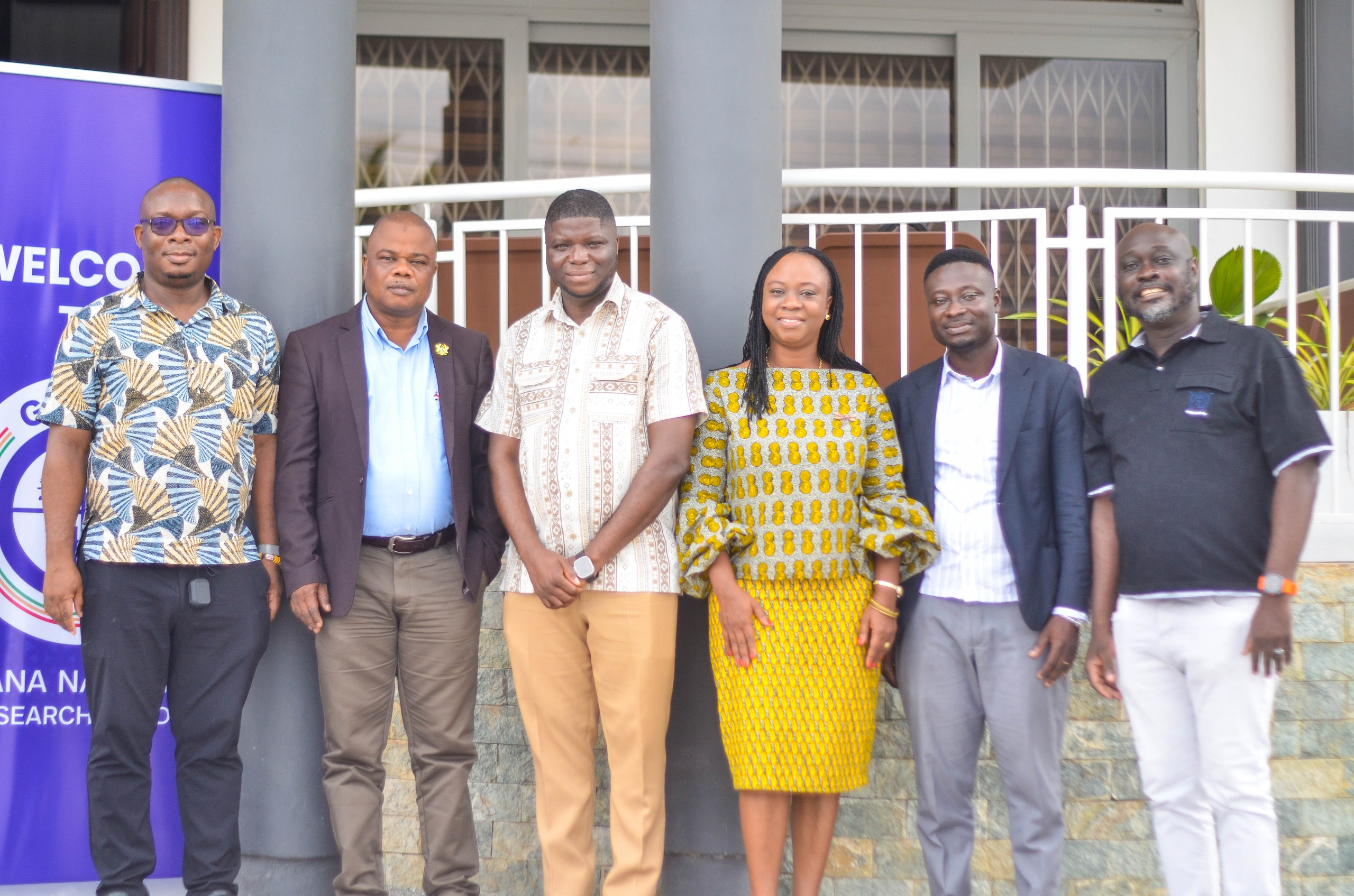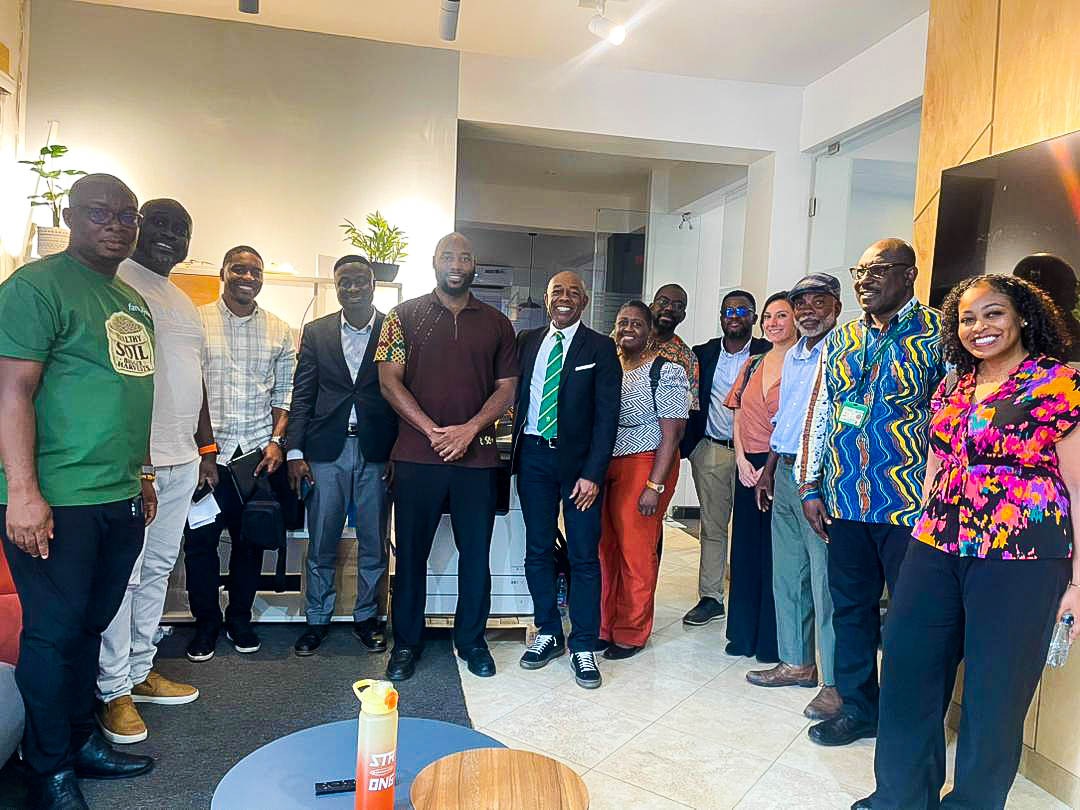The Responsible Artificial Intelligence Lab (RAIL) at Kwame Nkrumah University of Science and Technology (KNUST) participated in an Expert Consultation Workshop held on 16th March 2022 via zoom. The workshop brought together experts in digital technology, AI, and data governance aimed to discuss principles intended to serve as a foundation for responsible and ethical AI in Ghana and the mechanisms for their implementation.
A survey was circulated before the workshop, and discussions were framed around the results of the study as well as the additional research conducted on the national, regional, and global perspectives on AI ethics.
The Chief Director of the Ministry of Communication and Digitalization opened the workshop on the Minister’s behalf. There were remarks from Mrs. Patricia Poku, Executive Director of the Data Protection Commission, and Mila Romanoff, Data Policy & Governance Lead, UN Executive Office of the UN Secretary-General.
Technical experts who presented at the workshop included Dr. Rachel Adams, Principal Researcher at the Research ICT Africa, Maksim Karliuk, Program Specialist, UNESCO, and Mila Romanoff. Their presentation focused on the latest developments in AI ethics globally and within the African region.

Prof. Jerry John Kponyo, Co-founder, RAIN-Africa, who doubles as the Principal Investigator and Scientific Director of the Responsible AI Lab (RAIL), KNUST, presented on challenges in the development and use of AI in Ghana.
He intimated that the lack of quality enabling data ecosystem, shortage of skilled AI personnel, cybersecurity, and data privacy concerns contribute to AI’s ethical and moral challenges. He added that the lack of IT infrastructure to support AI Implementation, lack of policy and regulatory guidelines, high resource cost, and low awareness of adopting AI in business processes are causes of the challenges faced in developing AI in Ghana. He mentioned not turning a blind eye to the low intensity of AI research and the lack of a clear national AI Strategy in Ghana.
Prof. Kponyo recommended setting up the National AI Advisory Expert Group, drafting and adopting a National AI Strategy, and an Implementation oversight Committee as mitigating measures to the challenges mentioned above. “We must be strategic as a nation and lead the Fourth Industrial Revolution in the sub-region,” he emphasised.
There was a group breakout discussion session where principles for the ethical use of AI in Ghana were discussed. Participants presented a list of proposed ethical principles based on the survey results and discussed their relevance in the Ghanian context, considering local values and societal norms. On implementation and enforcement mechanisms, participants discussed how the ethical principles could be implemented and enforced in Ghana.
Participants were experts from the government, civil society, and the private sector, mainly from Ghana and the African region.
RAIL KNUST is under Artificial Intelligence for Development in Africa (AI4D) Multidisciplinary Labs project initiated by International Development Research Centre (IDRC). RAIL seeks to be a first step in establishing a sustainable approach to nurturing local talents to undertake AI research and innovation. RAIL also has a solid drive to increase female STEM participation through its numerous activities.


